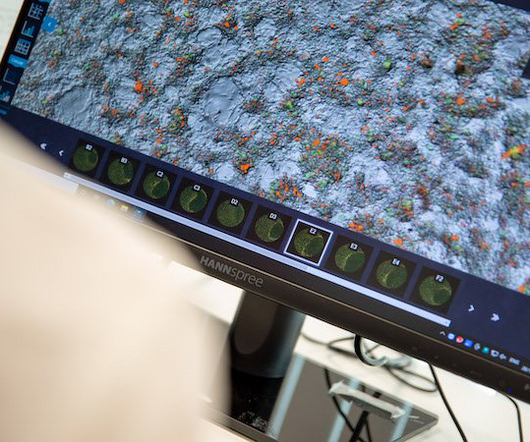Ginkgo acquires machine learning biotech Patch Biosciences
Drug Discovery World
MARCH 7, 2024
Ginkgo is also working with Sensible Biotechnologies to develop an in vivo microbial mRNA manufacturing platform. Additionally, Ginkgo announced the successful completion of a manufacturing optimisation program with Biogen, focused on redefining the industry standard for manufacturing recombinant adeno-associated virus (AAV)-based vectors.



















Let's personalize your content